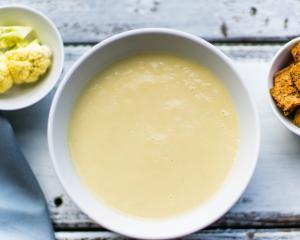
Halloumi is a popular cheese among New Zealand consumers, who are served by a thriving community of local cheese-makers, Specialist Cheesemakers Association president Neil Willman said.
New Zealand’s cheesemakers are upset the EU is continuing to protect cheese terms that are generic and in common use around the world.
‘‘This erodes the heritage and evolution of food production in places like New Zealand where cheeses such as feta, gruyere, havarti and halloumi are commonly consumed and considered generic,’’ Mr Willman said in a statement.
The EU is using an intellectual property rights system, called geographical indications (GIs), to limit the use of food names to European producer groups, arguing the food’s characteristics are unique to where and how it has been produced.
The move to register halloumi follows recent registrations of cheeses such as havarti, despite significant global production outside the EU.
The EU is also requesting changes to New Zealand’s regulatory settings to adopt a sweeping new intellectual property framework to protect its GIs through the ongoing EU-NZ Free Trade Agreement negotiations.
The EU has requested protection for 2200 food, wines and spirits names, including cheeses such as feta, gruyere and gorgonzola, and is seeking provision for additional terms to be protected in the future.
Dairy Companies Association of New Zealand executive director Kimberly Crewther said an EU clawback and monopolisation of generic cheese names would limit domestic cheese production and opportunities to grow the value of New Zealand’s $2 billion cheese exports.
The association is also concerned about the lack of balance in European demands.
‘‘EU dairy producers enjoy among the highest levels of trade-distorting subsidies and protections in the world, and instead, rather than liberalising, the EU is seeking to create more,’’ Ms Crewther said.











